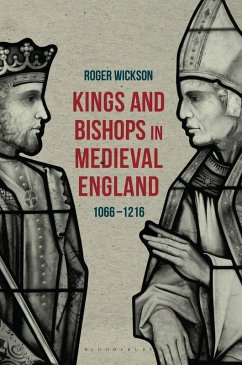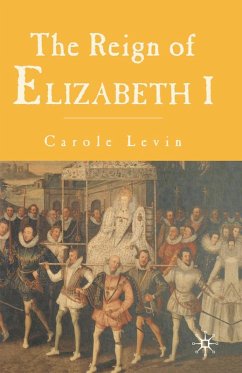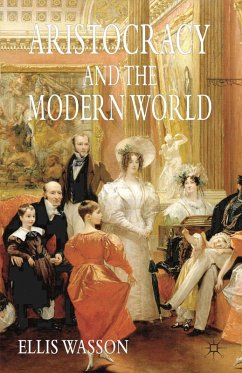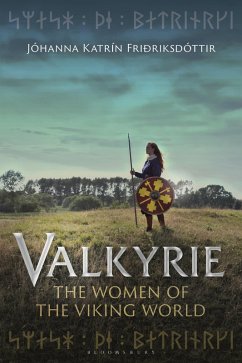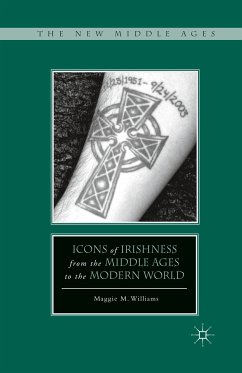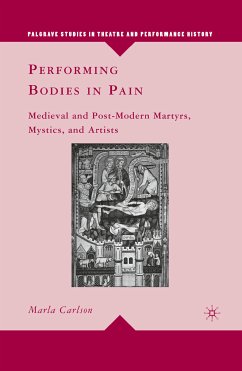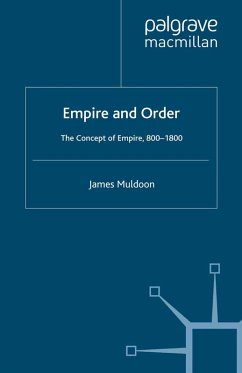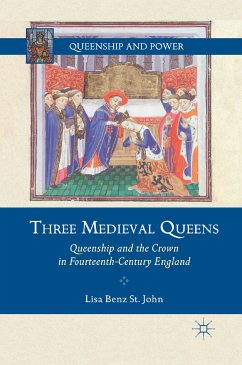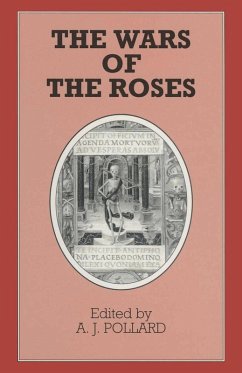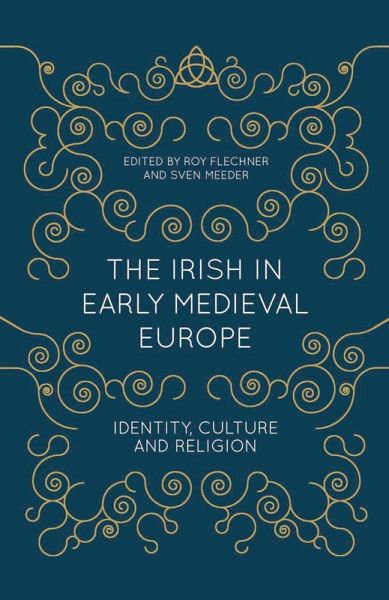
The Irish in Early Medieval Europe (eBook, PDF)
Identity, Culture and Religion
Versandkostenfrei!
Sofort per Download lieferbar
27,95 €
inkl. MwSt.
Weitere Ausgaben:

PAYBACK Punkte
14 °P sammeln!
Irish scholars who arrived in Continental Europe in the early Middle Ages are often credited with making some of the most important contributions to European culture and learning of the time, from the introduction of a new calendar to monastic reform. Among them were celebrated personalities such as St Columbanus, John Scottus Eriugena, and Sedulius Scottus who were in the vanguard of a constant stream of arrivals from Ireland to continental Europe, collectively known as 'peregrini'. The continental response to this Irish 'diaspora' ranged from admiration to open hostility, especially when per...
Irish scholars who arrived in Continental Europe in the early Middle Ages are often credited with making some of the most important contributions to European culture and learning of the time, from the introduction of a new calendar to monastic reform. Among them were celebrated personalities such as St Columbanus, John Scottus Eriugena, and Sedulius Scottus who were in the vanguard of a constant stream of arrivals from Ireland to continental Europe, collectively known as 'peregrini'. The continental response to this Irish 'diaspora' ranged from admiration to open hostility, especially when peregrini were deemed to challenge prevalent cultural or spiritual conventions. This volume brings together leading historians, archaeologists, and palaeographers who provide-for the first time-a comprehensive assessment of the phenomenon of Irish peregrini in their continental context and the manner in which it is framed by modern scholarship as well as the popular imagination.





